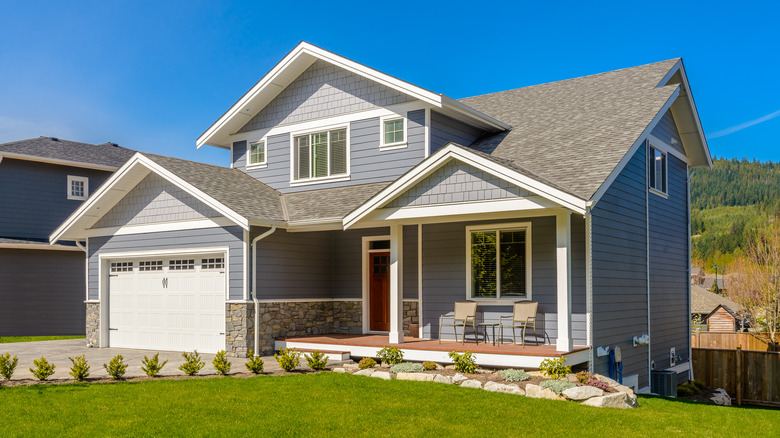Realty Association Reports Homeowners Seeing Property Values Surge Over Last Decade
Real estate is often thought of as a reliable, long-term investment, growing in value over decades of ownership. Yet, in recent years, home values have increased at a much faster rate than average. The direct result of this is the property owner seeing financial benefits from it. The National Association of Realtors (NAR) reports that, since 2012, home values have risen 68% in the middle-income market.
The increasing value of homes is a good thing for property owners. It makes it possible to sell a home for more down the road as they downsize or move to other areas. Higher values also lead to significant equity, which can be tapped into with low-interest rate loans, allowing property owners to refinance high-interest debt to pay it off more affordably. More so, homeownership leads to building wealth, something NAR say has happened at a much faster rate recently than over the long term. Homeowners who bought during the Great Recession specifically are likely to have accumulated wealth at a faster rate than other generations. Why is that?
Nationwide, homes are building people wealth
The report from NAR indicates that low-income homeowners were able to see their wealth grow by $98,900 in the last 10 years. For those in the middle-income group, homeowners saw a wealth increase of $122,100, and the higher-income groups saw $150,800 in wealth accumulation. As home values go up, a person's financial health improves, creating a bigger gap between the debt owed and asset value. A property owner is likely to have a net worth that is 40 times higher than the net worth of people of the same age who are renters. They also tend to have a higher credit score and earn more money as a homeowner.
There's another factor that is also contributing to financial improvement and wealth building for many homeowners during this period, and that's their lower debt. The report found that debt has dropped by 21% among homeowners. Some may have used the value of their homes to pay off more expensive debt or may have refinanced to reduce their current interest rate to a lower one, often helping them to pay more towards their home each month as a result. As debt falls, that opens the door for more financial freedom for individuals.
Notably, not all groups saw the same benefits, with Black Americans seeing the lowest level of homeownership in the US and property values rising $115,000, while white homeowners saw home values increase by $138,000, Hispanic homeowners by $162,000, and Asian homeowners by $239,000.
The benefits of higher home values are notable
Owning a home that is worth more offers benefits to homeowners, though it definitely makes it harder to buy a home today. In the short-term, homes with higher value often have more equity, which means paying private mortgage insurance (PMI) is not necessary, saving the property owner money. Equity like this can also be used to help pay off expensive debt, renovate the home, or even use it as a down payment on a second home.
Over the long term, property values tend to rise even more so. For some, that means that, by the time they are ready to retire, their home value is likely to have risen enough to allow them to downsize and pocket the extra funds to help boost retirement savings or pay for a year or two abroad. Even if a person plans to sell in the short term, a higher value creates more buying power and may allow for the opportunity to cash in on appreciation in value since they bought. When considering the benefits of owning versus renting, these factors may play a role in your decision.


